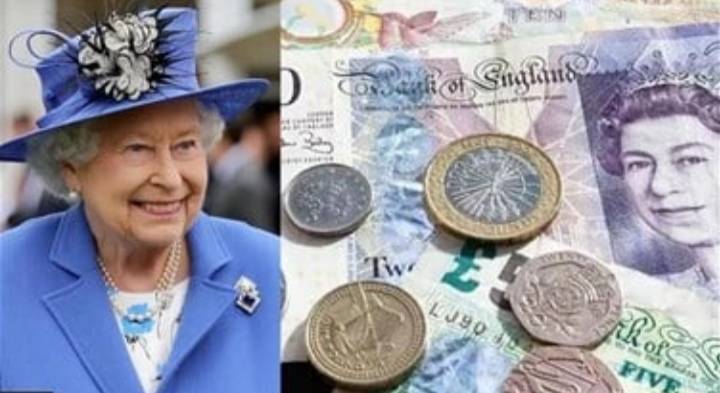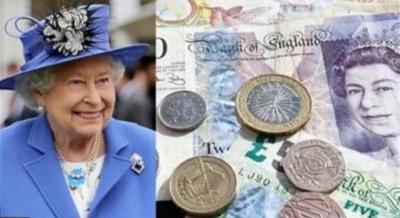The UK’s gross domestic product (GDP) experienced a slight recovery in July, a period of improvement that may be short-lived in the face of an impending recession, which could be exacerbated by the bank holiday designated for the Queen's funeral. The Office for National Statistics announced on Monday that GDP rose slightly by 0.2% in July following a 0.6% decline in June, primarily driven by the services sector. On the other hand, both the production and construction sectors saw a decline during this period.
The increase in GDP is mainly attributed to its "weakness in June," particularly due to the celebrations for Queen Elizabeth II's Jubilee—who passed away last Thursday—which provided two additional public holidays, more than usual, according to Yael Selvin, an economist at KPMG.
According to Samuel Tombs, an economist at Pantheon Macroeconomics, next week's holiday "might be more detrimental to the economy than the extra holiday in June, as the hospitality and tourism sectors will not benefit from it, and many businesses will close their doors." He added, "However, many companies may compensate for their losses as most did in June."
Overall, major royal events tend to boost tourism and trade, especially in the souvenir sector, as noted by John Plassard, an analyst at Mirabaud on Friday.
The GDP in Britain was 1.1% higher in July than its pre-pandemic level, but it still remained slightly below its level in May. Yael Selvin stated that this is "worrisome" as it "indicates a comprehensive contraction in the first two months of summer," while the British economy faces a risk of recession "due to ongoing pressure on household income and increased operational burdens on businesses."




